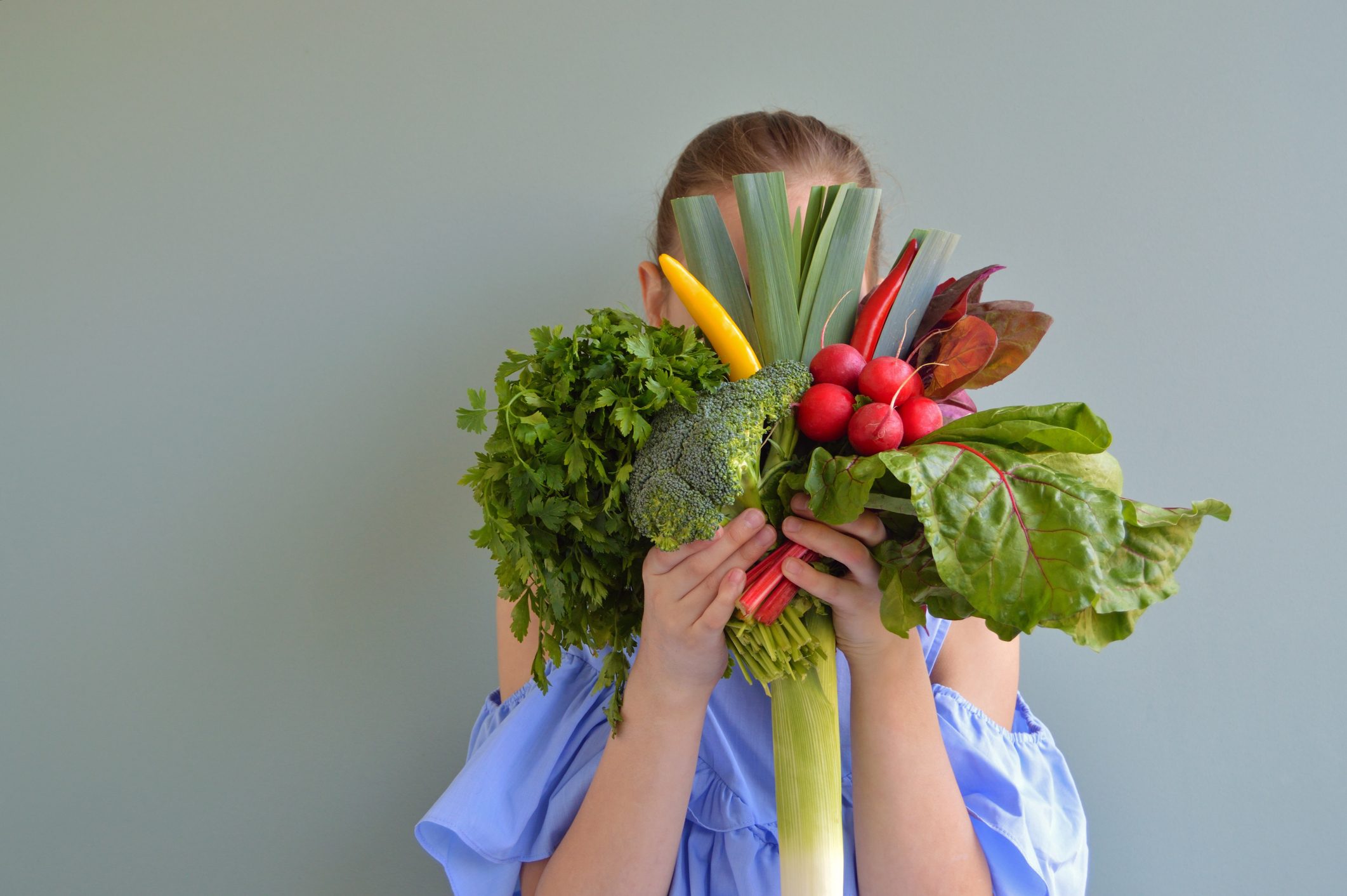Is Brown Sugar Vegan? Beware, Because The Truth Might Surprise You
You may be used to considering cane sugar less invasive and more natural than classic beet sugar, but you are wrong: it is not healthier at all, and it is not even so certain that it is vegan just because it comes from sugar cane. Why? We will explain it to you.
;Resize,width=742;)
If you are vegan, be careful with sugar. There has always been a belief that the famous cane sugar, the “brown” and grainy one, is an entirely natural and vegetal product, but this is not exactly the case.
In fact, regular white sugar might be more vegan than cane sugar. Why? It all depends on the refining and bleaching stage: it's not very common news, but the cane sugar industry often uses animal-based charcoal.
What is Brown Sugar?
Just as the name suggests, cane sugar is a particular product extracted from sugar cane, a characteristic that makes it less sweet and spicier than classic white sugar, from which it also differs for its golden-brown color. It is generally considered a more natural product than sugar obtained from beetroot, and in general it is so: in fact, it undergoes a grinding and refining process that separates the sugary part from the liquid part of the molasses.
It is precisely the concentration of molasses that gives cane sugar a different flavor and aroma, but be careful: the fact that it is less refined does not mean that it is “leaner”. Contrary to popular belief, in fact, white sugar and brown sugar do not have great differences from a nutritional point of view.
The same goes for the vegan question: there is a widespread belief that brown sugar is suitable for a vegan diet, but as we explain in the next paragraph, this is not a correct statement.

Brown Sugar is Not (Always) Vegan: Here's Why
Let's start by clearing up any doubts: brown sugar, contrary to popular belief, is not always a vegan product and the reason is very simple. In most cases, animal carbon is refined and bleached, a compound derived from the combustion of bones.
But be careful not to get confused: the product itself does not contain any trace of animal elements, the animal carbon only serves to remove impurities from the sugar, but does not become a part of the sugar. Despite this, however, the use of elements of animal origin even only in the production process remains incompatible with the vegan food philosophy (and not only).

Vegan Brown Sugar: Does It Exist?
Although the brown sugar industry mostly uses animal carbon refining, there are some companies that prefer to use alternatives such as granular carbon, which does not contain any animal traces. In these specific cases, brown sugar is effectively a vegan product.
Unfortunately, it is very difficult to understand the difference between the processes, because it is not clearly stated on the label. PETA provides a list of producers that do not use animal carbon, but they are almost all American producers and therefore their sugar is difficult to find in other parts of the world.
Generally speaking, if you follow a vegan lifestyle, it would be better to avoid brown sugar and prefer other 100% natural alternatives such as coconut sugar, rice malt, maple syrup or agave syrup.
;Resize,width=767;)
;Resize,width=712;)
;Resize,width=712;)
;Resize,width=712;)
